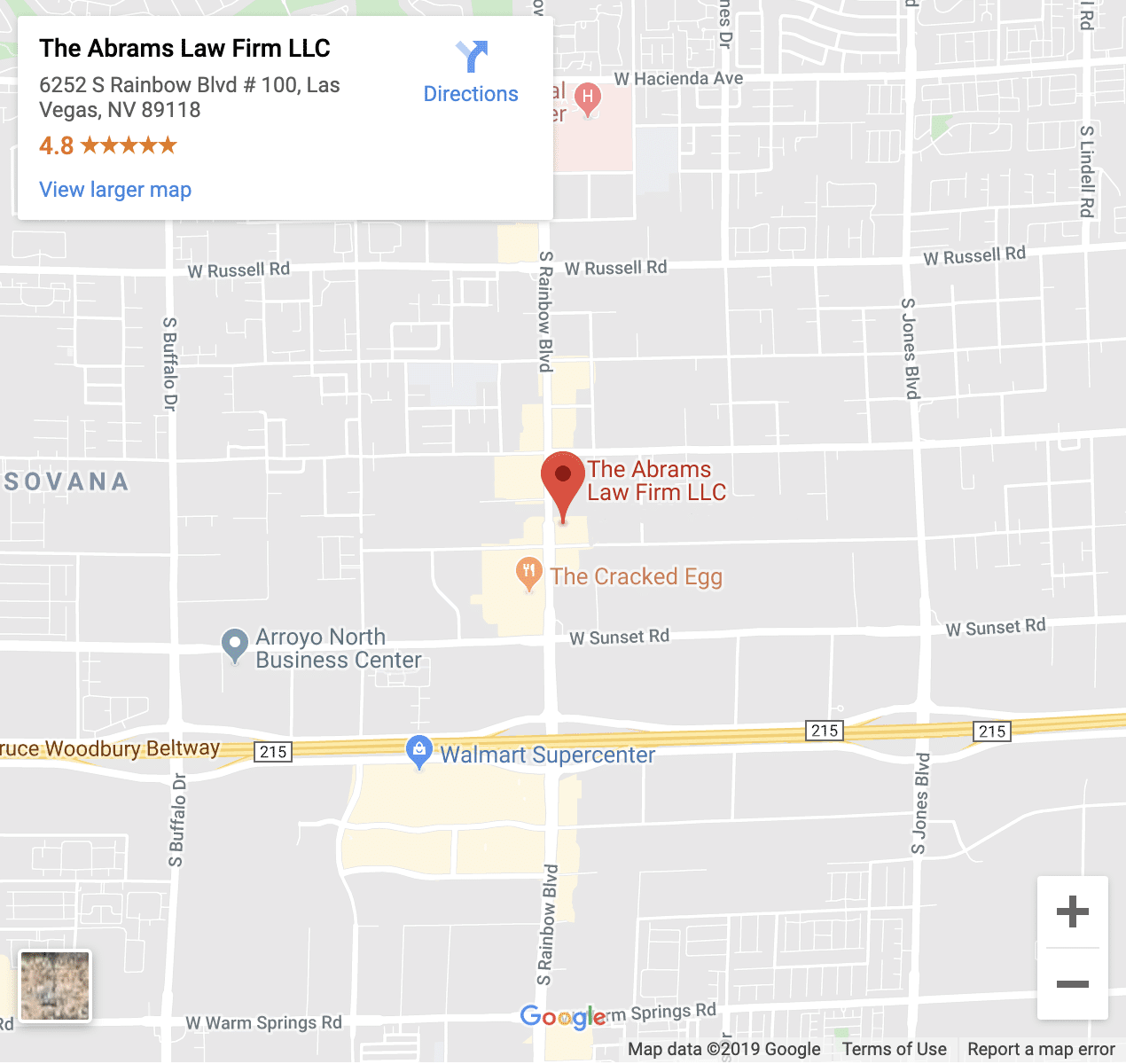Valuing a Marital Business During Divorce

Business Valuation is Important and Difficult
Business valuation in a divorce is extremely important and extremely complex. If the marital estate is to be divided properly, and it is determined that a family business has a community property component, then the valuation of the business could make a significant impact in terms of apportioning other marital property to each of the divorcing spouses.
So how does a business get valued? If a party derives $260,000 in income per year from the business, how does that affect the value? What about the commercial building and other physical assets? What about expected future income? What about business debts?
Three Approaches to Business Valuation
There are three general approaches to take when valuing a business in a divorce: the asset approach, the market approach, and the income approach. Each of these approaches requires a deep understanding of the economics, spousal participation, and current business climate. Each spouse, through their divorce attorneys, is likely to retain business valuators and other financial experts as part of their divorce legal team in order to establish a business valuation. Often the agreed upon value of a business is a combination of valuation methods.
Asset. The asset-based approach aims to calculate the value of a business using a simple formula: business assets minus liabilities equals value. Assets are both tangible (infrastructure, inventory, real estate, etc.) and intangible (patents, intellectual property, value of a celebrity name, etc.) The asset approach sounds simpler than it is in practice. Some assets, such as real estate or company vehicles, may be easier to value, but others are more complex, especially intangible assets. Inventory can be valued at cost, but that may vary by age and type of inventory. This approach may also leave off unrecorded liabilities, such as informal personal loans from the shareholders.
Market. The market approach involves looking at other similarly-situated companies in the same industry and region, of roughly the same size. Ideally, the parties would find similar businesses that have been sold in recent years and use the sale price to approximate the value of the business at issue in the divorce. This approach is useful when similar companies have been sold recently, but if there are no such data available, then this approach has limited correlation.
Income. The income approach focuses on the expected income and cash flow of the business. The parties will utilize historical information as well as predictive formulae to forecast expected cash flow and profits, and will then use those expected profits to calculate a net present value. The formulae used should incorporate future benefits as well as anticipated risk. While complex, this approach is the most commonly used of the three.
Contact an Experienced Las Vegas Divorce Attorney
Our seasoned divorce lawyers in Las Vegas are ready to help you navigate all aspects of your divorce case. We are experienced in handling even the most complex divorce cases involving high-value and complicated assets and distributions. We will guide you through all aspects of your divorce, from property valuation and distribution to alimony and child support. Our Las Vegas divorce attorneys will speak to you directly and assist you in setting up a consultation. Call our office at 702-222-4021 to speak with one of them and see if what we offer is right for you.
Business Ownership in Divorce Proceedings
7 Mistakes Professionals Make in Divorce
Do You Qualify for Alimony Payments in Your Divorce?
Bill Gates Divorce
Pensions and Divorce in Las Vegas
Lottery Winnings in a Las Vegas Divorce
Pitfalls to Avoid in Prenuptial Agreements
Grandparents Rights
What is Temporary Spousal Support?
Divorce and Social Security Benefits


